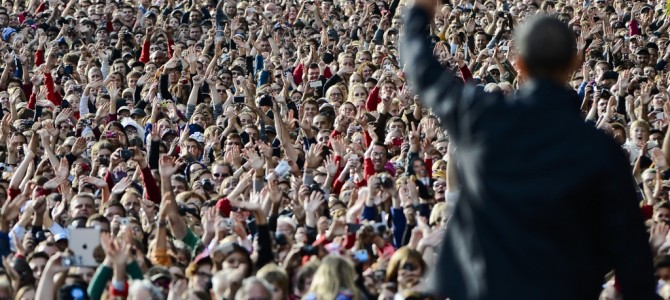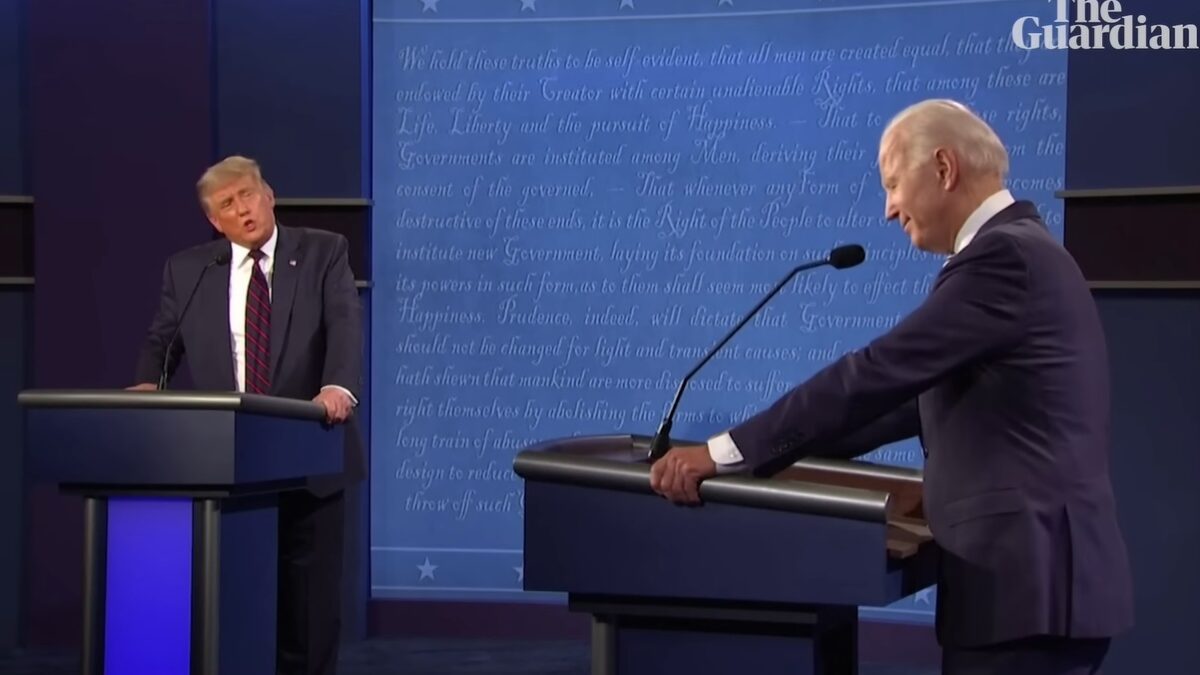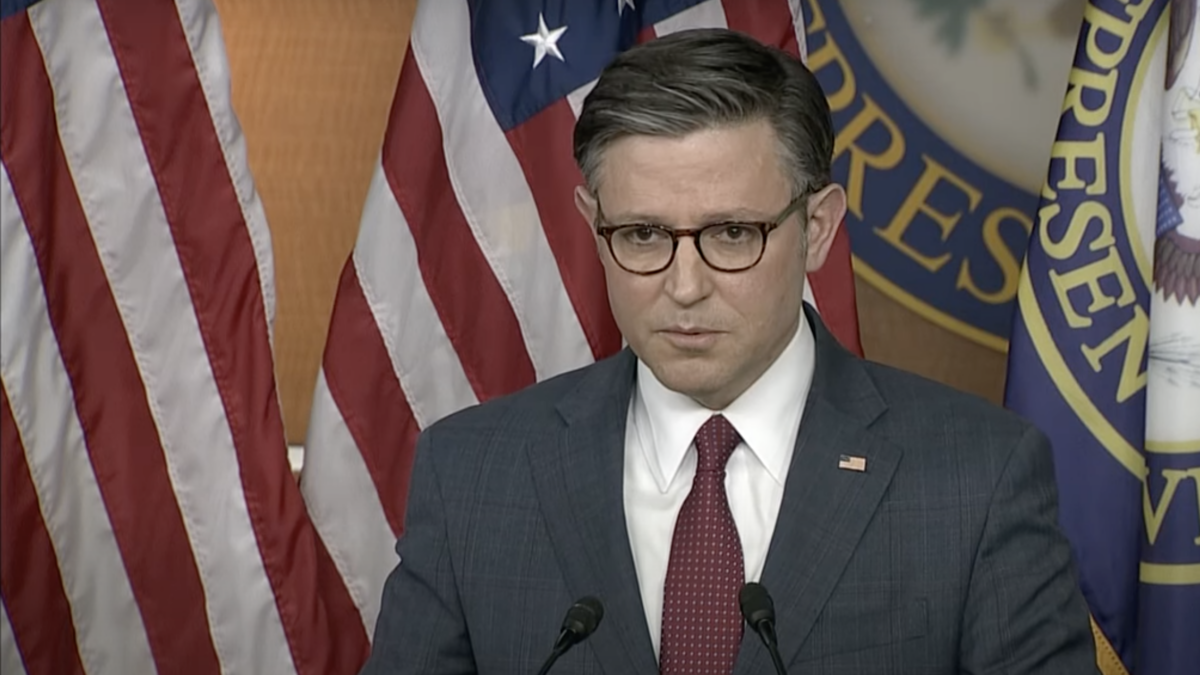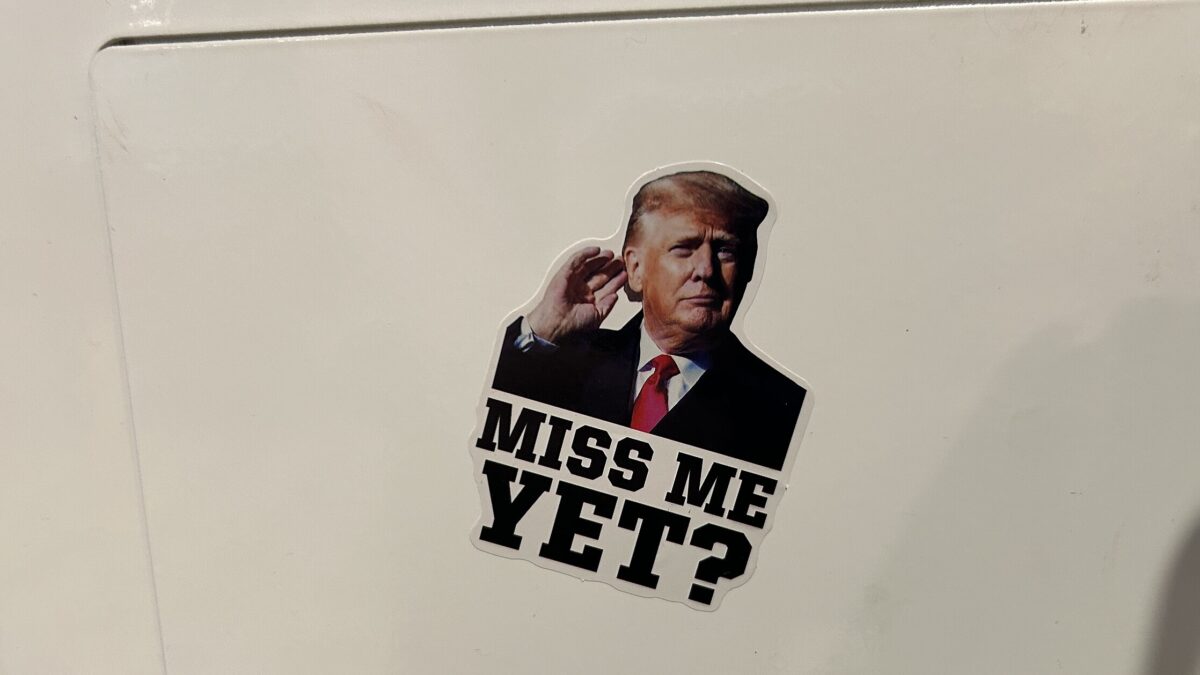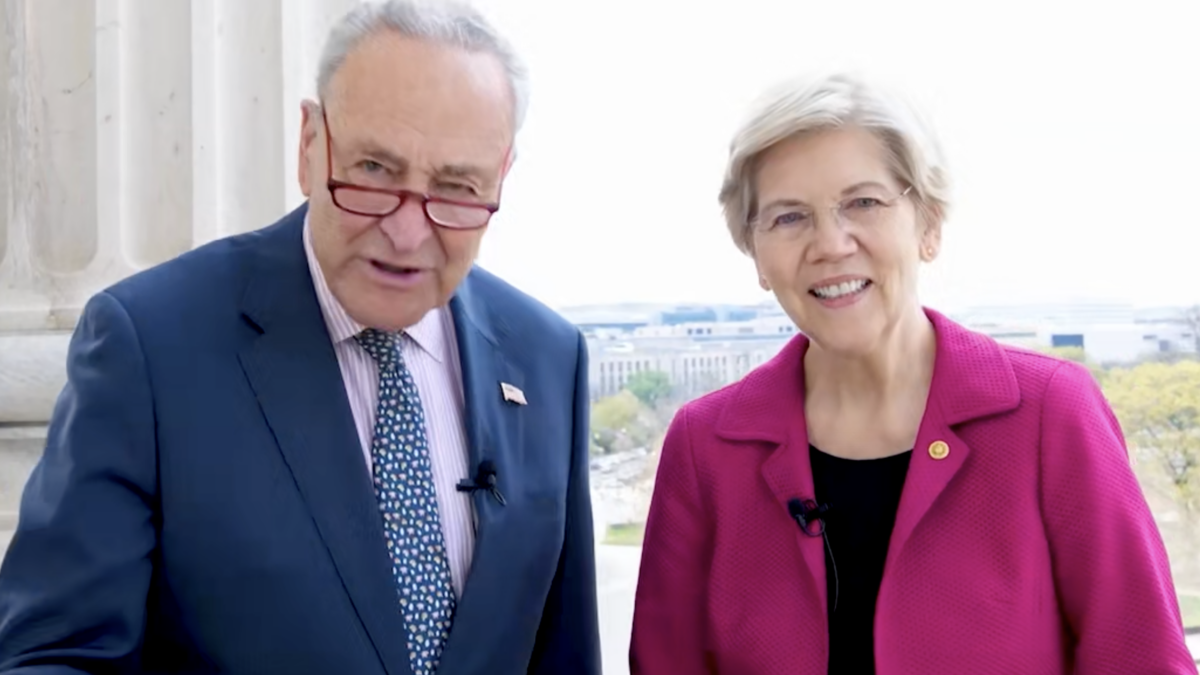In a fawning column over at National Journal, Ron Fournier contends that Barack Obama’s conception of “American exceptionalism” is both more modern and more beneficial than the antiquated patriotism conservatives tend to celebrate:
Before the address, former New York Mayor Rudy Giuliani had accused Obama of not loving his country. The president responded, essentially: I love my country enough to criticize it. To help make it better. To help it adapt to the times so that it will never perish.
Let’s concede, for the sake of argument, that all presidents want a “better” country and none harbor a desire to see it “perish.” But if you believe the ideals of the American Founding are expendable or malleable, if you believe they can be abandoned to adapt to contemporary crises, then you obviously don’t believe that they’re exceptional. And, as Greg Jaffe argues in The Washington Post, Obama has used his presidency to redefine the idea. “It’s a view that one senior White House official said is better suited to a country whose population is growing browner and more accepting of gays and lesbians,” Jaffe writes.
Fournier concurs with this assessment: “Life is changing so quickly and the future is so uncertain that the past is a pacifier—and so politicians cling to the founding myths of the nation.”
Who are these clingers, you ask? Which founding “myths” pacify them? Is Fournier under the impression that this era in American history is uniquely tumultuous? Does he believe this is the first generation that’s witnessed an influx of new faces or the first to have undergone some kind of seismic cultural transformation?
Why does it even matter? Are we supposed to believe that a “browner” citizenry will be too brittle to thrive in a world of individual freedom and free markets? Because that sounds a tad…well, disparaging. If you still believe in the jejune idea that exceptionalism means our fundamental liberties are guaranteed by a power higher than government, then surely even brown, gay, or purple Americans could benefit from it.
Fournier calls this a “retro pitch,” because all forward-thinking citizens should put their aspirations in the hands of moderate politicians who get stuff done. It is the 21st century, after all. And Fournier, like Obama, makes no distinction between the purpose of government and the progress of people. It’s as if they believe one can’t grow without the other. Read Jaffe’s piece. The president’s conception of patriotism is a string of liberal clichés that, coincidentally, closely complement all his policy goals.
de Tocqueville wrote that Americans believed that they had created “a distinct species of mankind.” (Though I’m not sure it was a compliment.) But will a single-payer plan make us more distinct? How about passing a $15 minimum wage? Now that’s a vision of greatness, isn’t it?
In truth, Obama’s notion of American excellence revolves around a state acting as the citizenry’s moral center, the engine of its prosperity, and the arbiter of all fairness. Obama’s speeches focusing on “economic patriotism”—a Progressive concoction that isn’t distinctly American or new in any context—and his attacks on religious freedom, the Second Amendment, capitalism in general, and free speech in political discourse, would not be unfamiliar to any European. There are no specials on that menu.
Confusing populism with exceptionalism, Fournier offers Obama’s speech in Selma as an example of the president’s contemporary vision of patriotism. It’s a fine speech. But the civil-rights movement was the manifestation of American principles, not a surrender to something new. And stitching together some of the president’s best rhetorical moments doesn’t add up to a coherent philosophical position, anyway. The question of American uniqueness was specifically posed and famously answered by Obama during a visit to the Palaiz de la Musique et Des Congres in Strasbourg, France:
I believe in American exceptionalism, just as I suspect that the Brits believe in British exceptionalism and the Greeks believe in Greek exceptionalism. I’m enormously proud of my country and its role and history in the world. If you think about the site of this summit and what it means, I don’t think America should be embarrassed to see evidence of the sacrifices of our troops, the enormous amount of resources that were put into Europe postwar, and our leadership in crafting an Alliance that ultimately led to the unification of Europe. We should take great pride in that.
We shouldn’t put too much stock in one spontaneous answer, but the statement has virtually nothing to do with what makes us exceptional. Obama has more than once since then stated his unconditional belief in American exceptionalism. What that means to him, though, is debatable. And after listening to him for the last nine or so years, I tend to believe the most extraordinary thing he thinks we’ve done is elect him president. Apparently he’s not alone.
